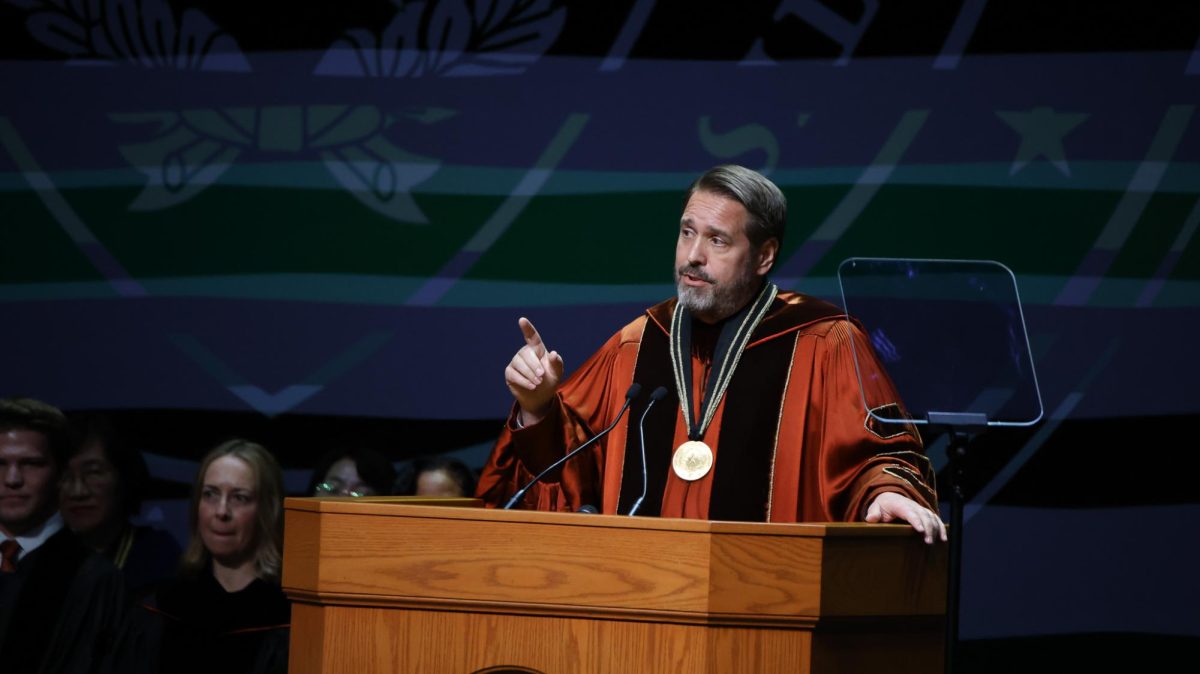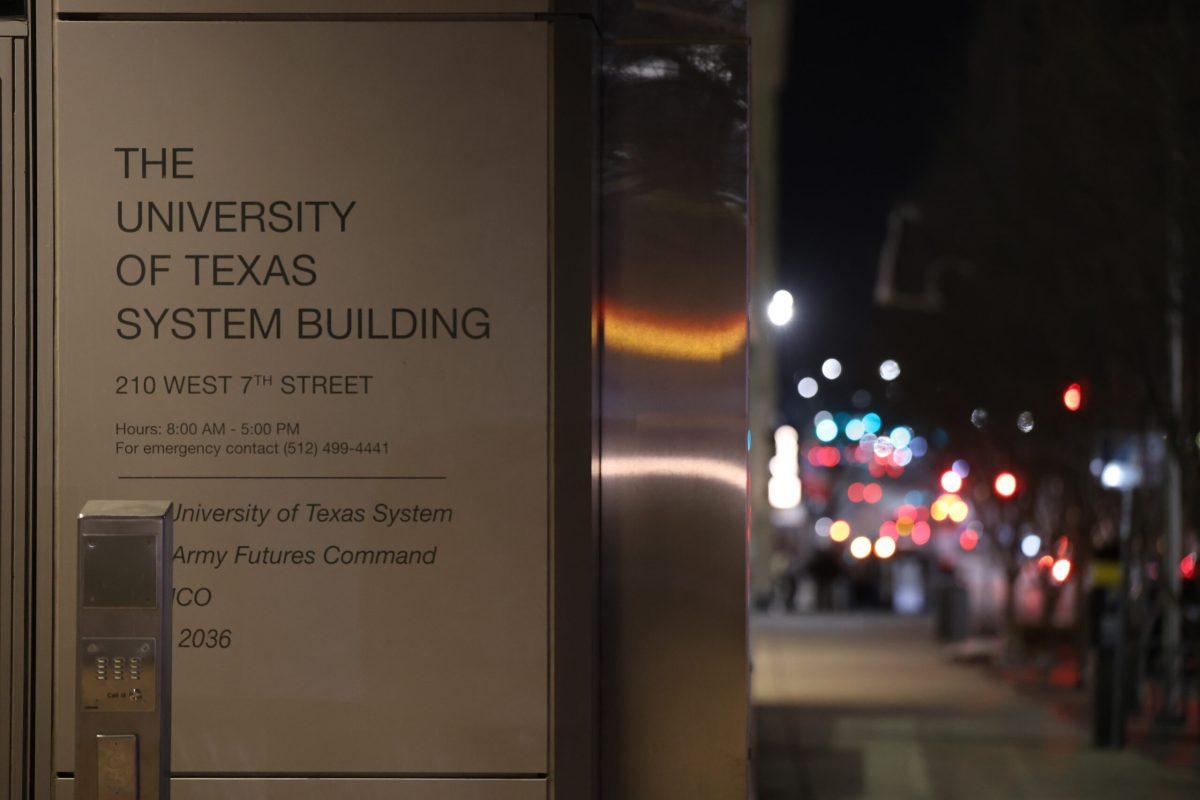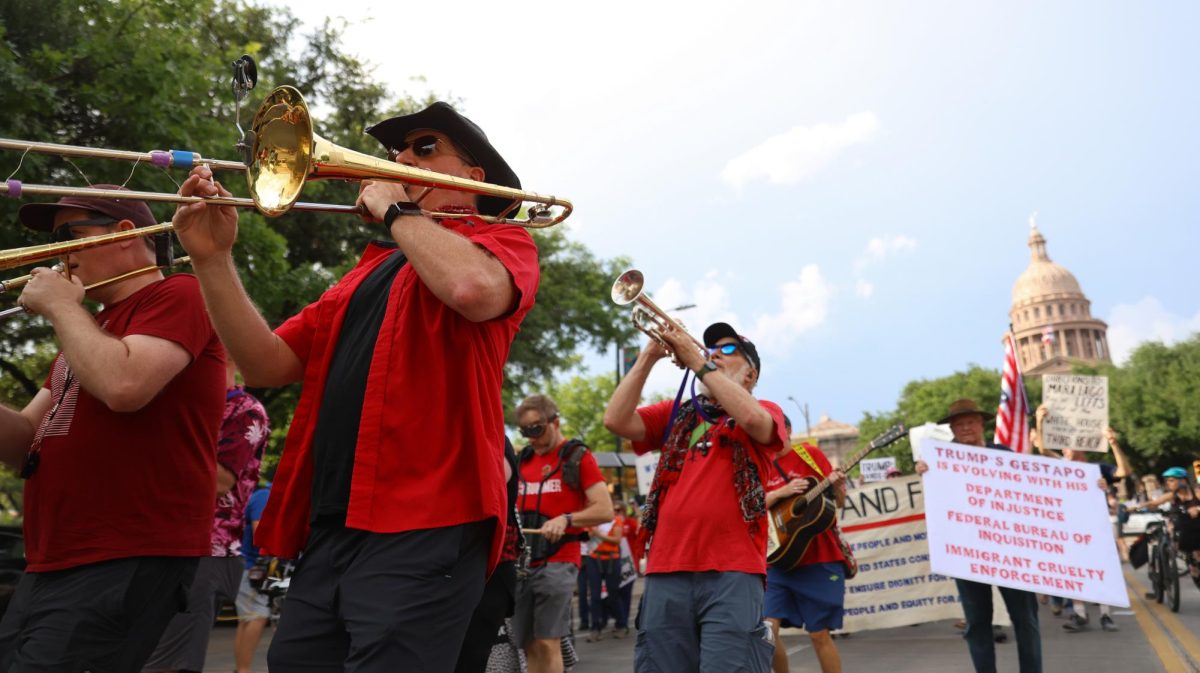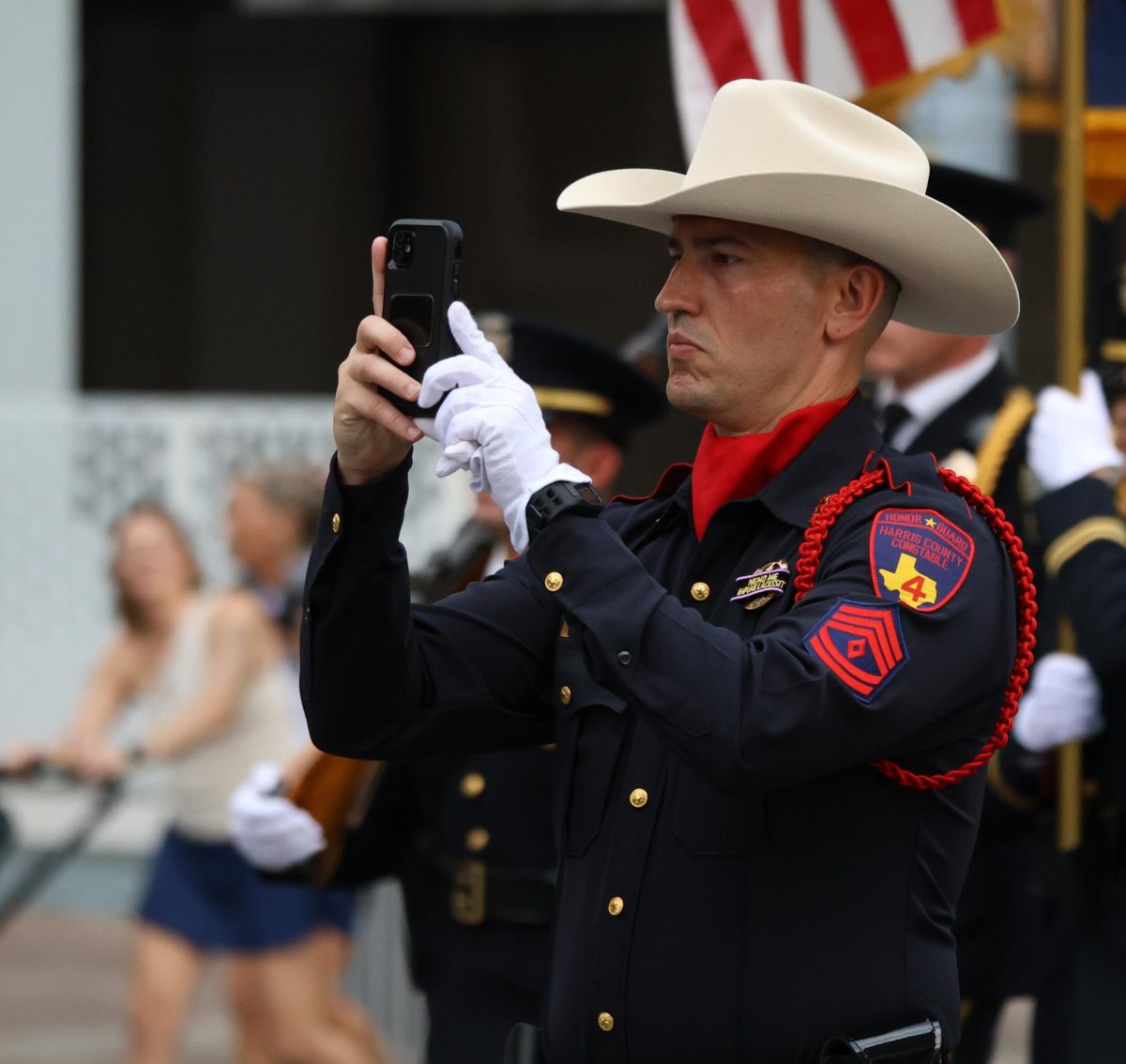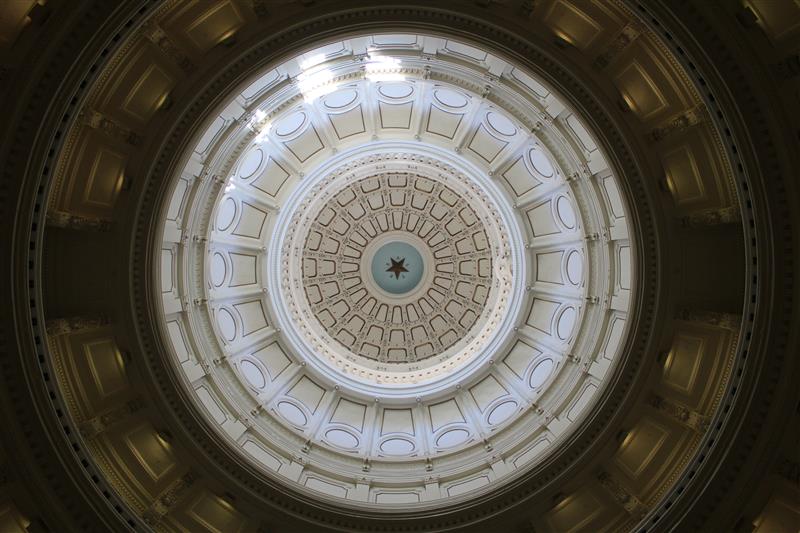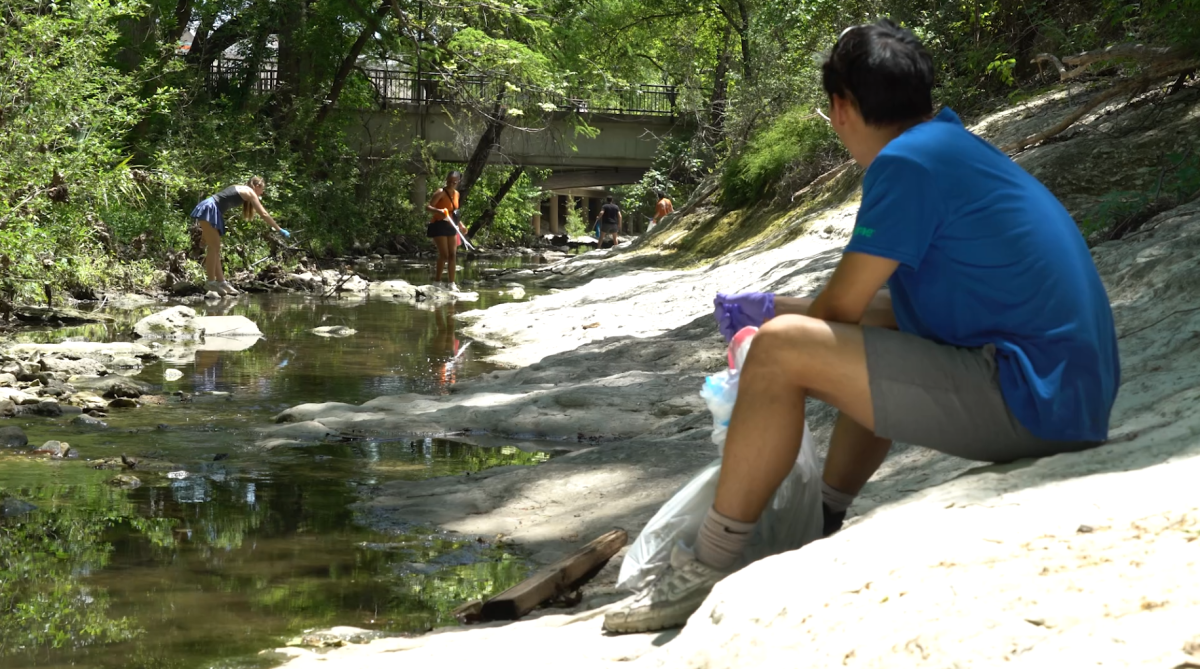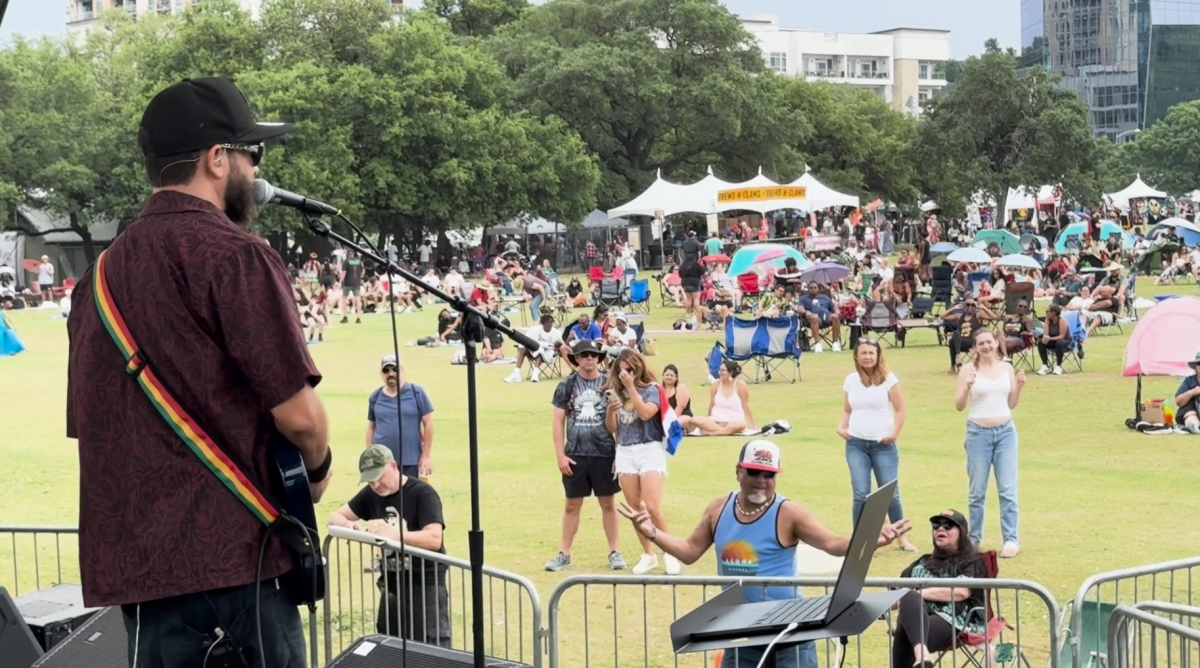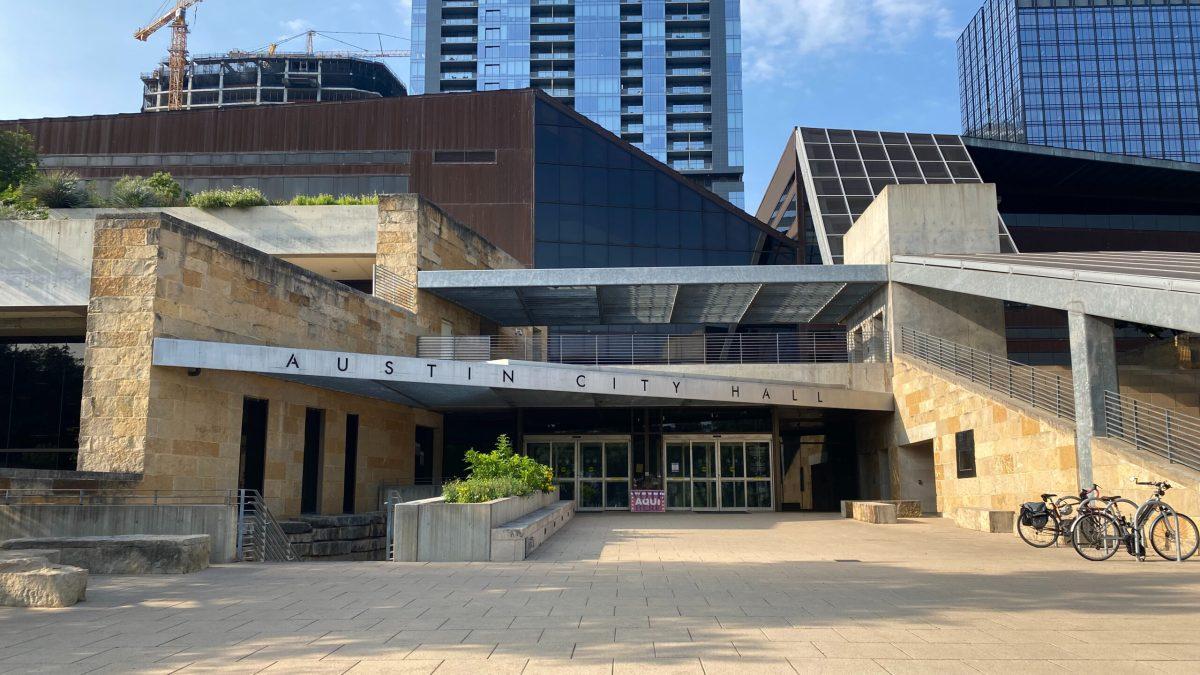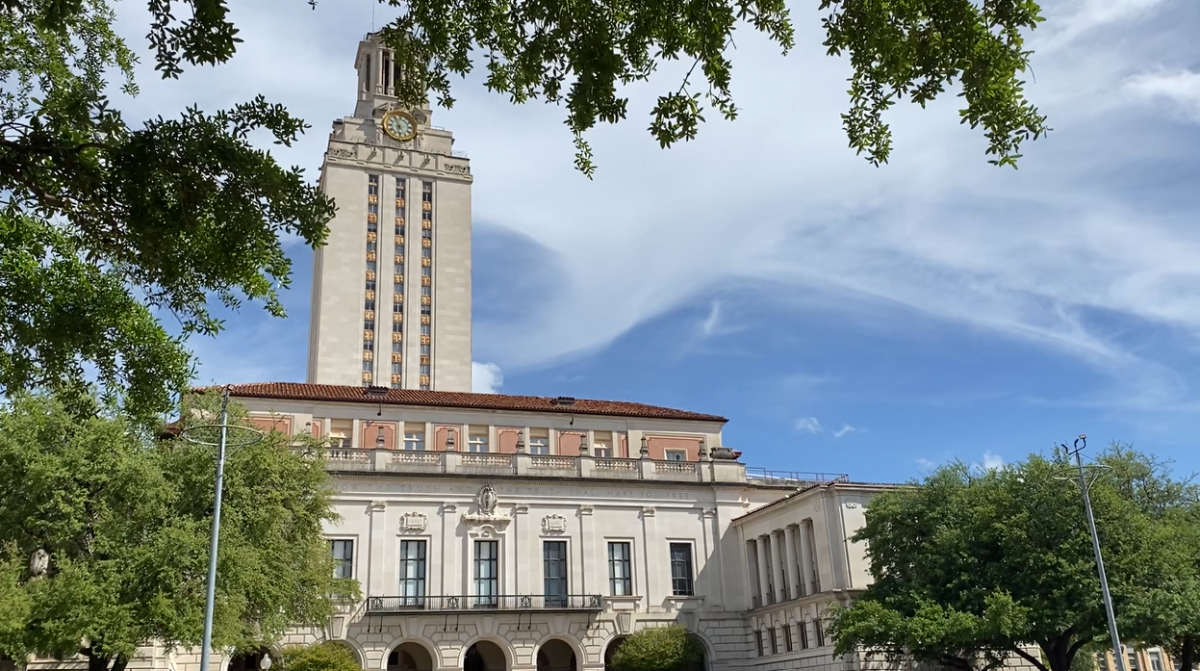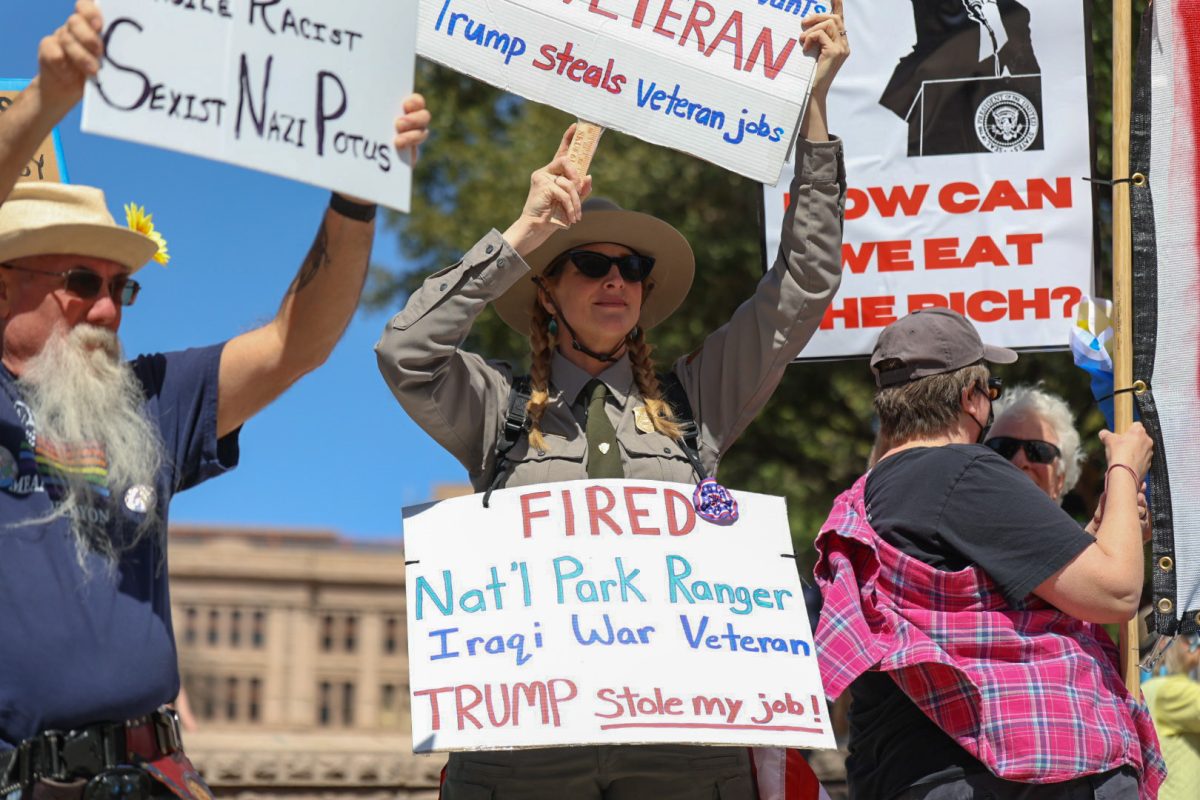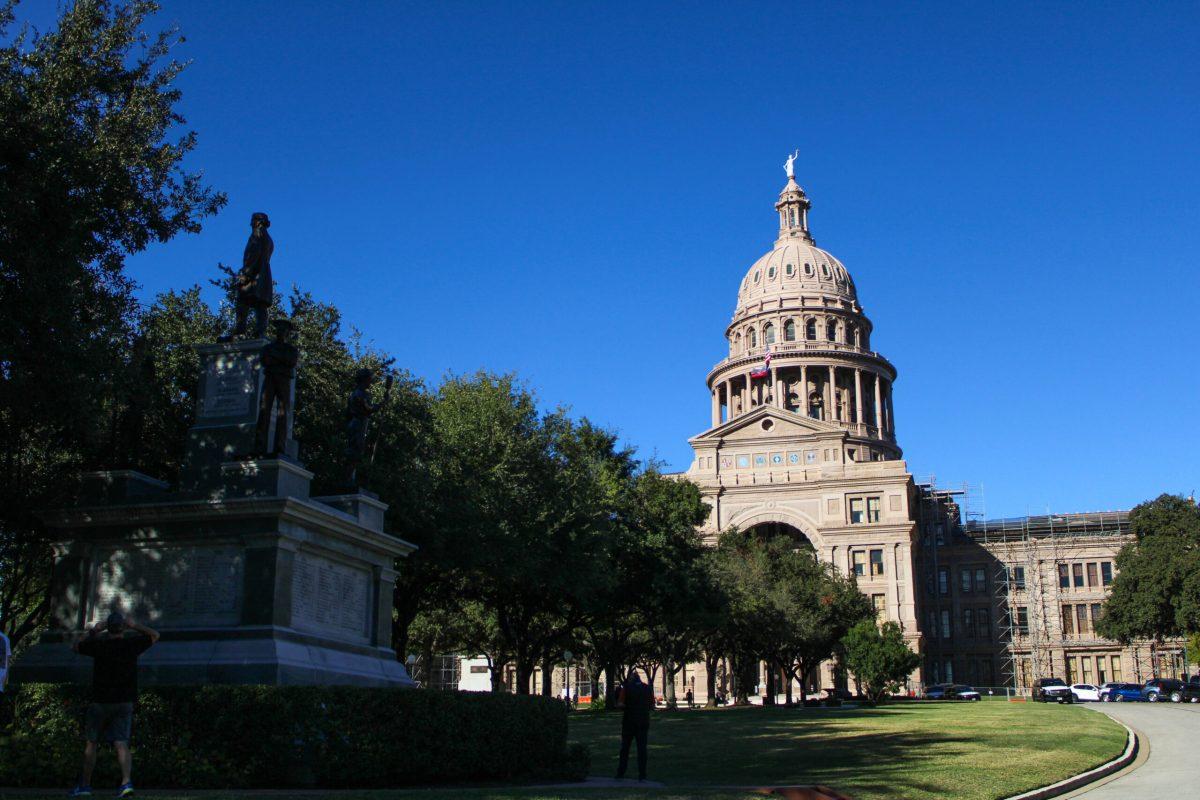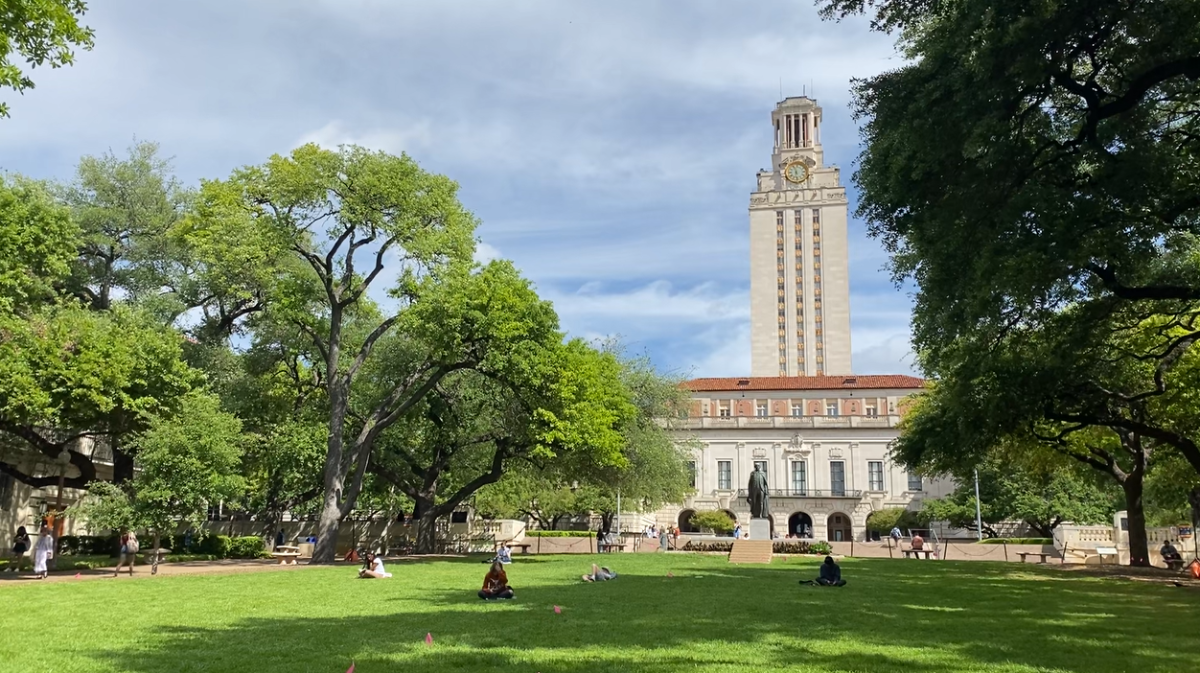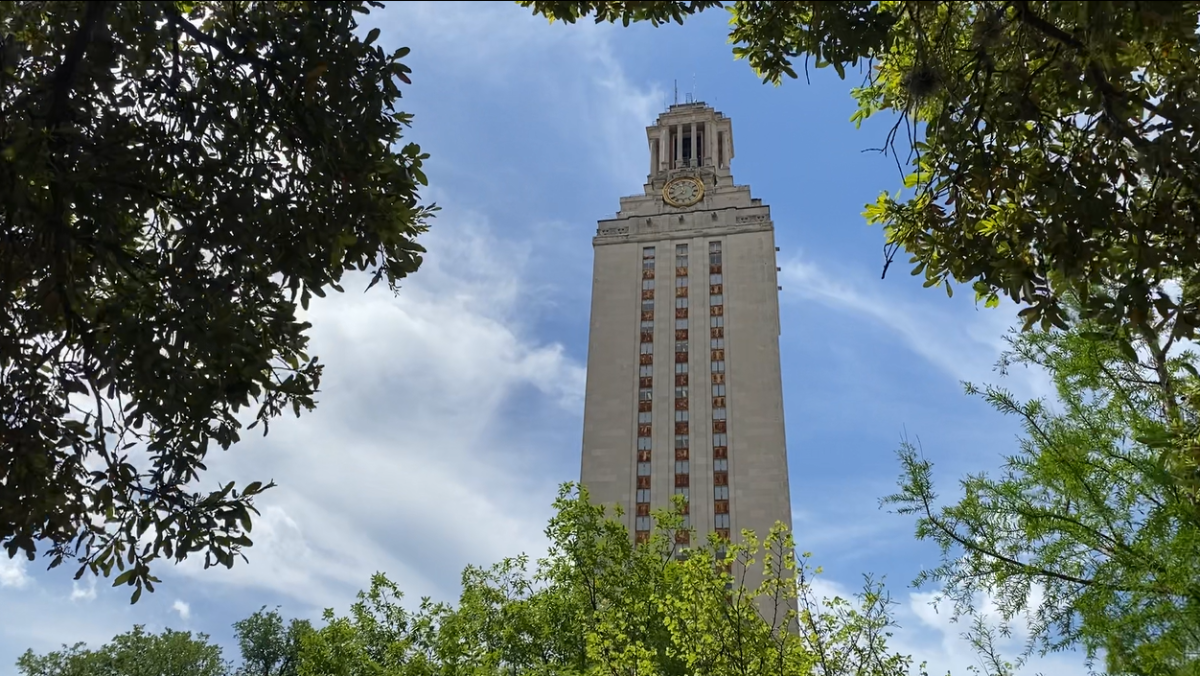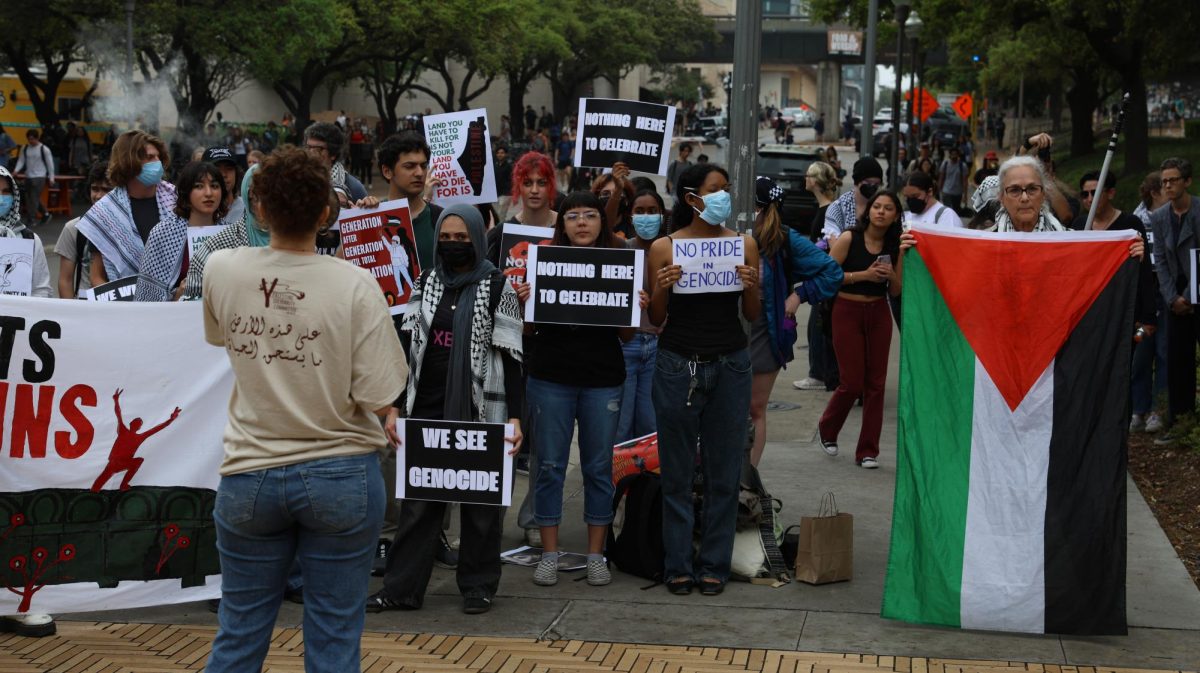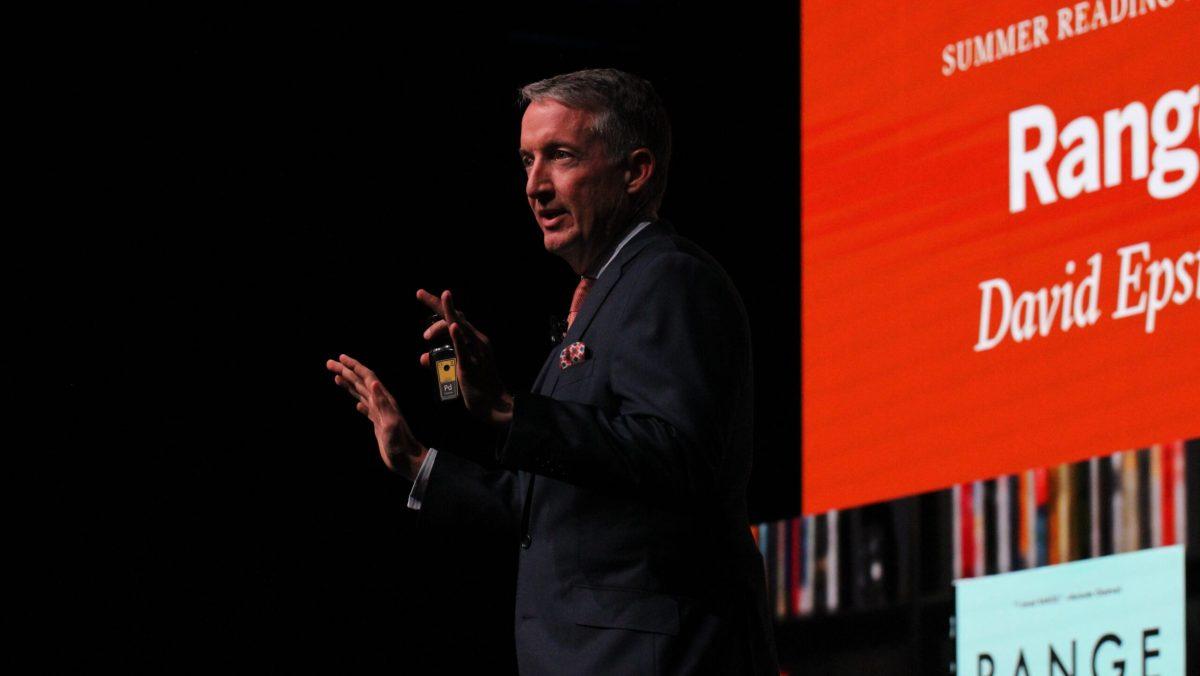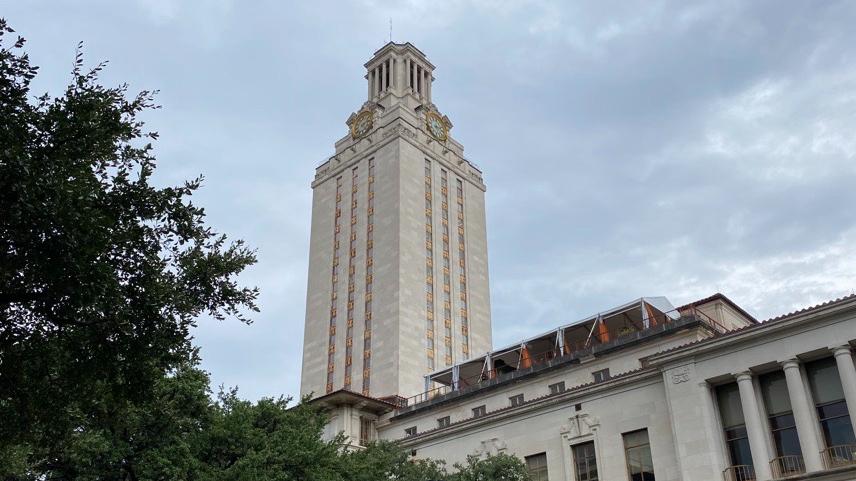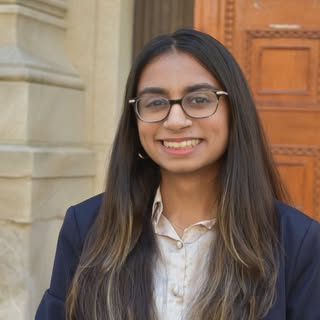The Office of the Dean of Students will have the ability to overturn the results of any student election disputes following a change to the Student Government constitution that was made without the approval of elected student leaders.
The changes to the Student Government constitution and code of rules and procedures include a clause authorizing the Office of the Dean of Students to override the decisions of the Student Government’s judicial branch, which previously had sole jurisdiction over election complaints.
“The court is no longer the final decision maker on election disputes,” said Student Government Supreme Court Chief Justice Isaiah Mosley. “(The constitution) now states that the dean of students office is the final decision maker in all election disputes, which kind of defeats the purpose of having a supreme court if the power is no longer supreme.”
Mosley said the changes were made by the Office of the Dean of Students in consultation with Student Government President Hudson Thomas and Student Government Vice President Thierry Chu.
“I didn’t even receive notice that there were changes being made, and I didn’t even receive a copy of the changes,” Mosley said. “I still have yet to receive a copy of the changes at present. I (only) know what the changes are by looking at the Student Government website, which is publicly available to anyone.”
Thomas confirmed that he and Chu were directly involved in the changes made to the Student Government constitution in a written statement to TSTV News.
“We worked in direct collaboration with the dean of students to ensure student input was provided to give all groups involved the most informed decision moving forward,” Thomas said. “We really appreciated the dean of students bringing our voices and thoughts to the forefront of the discussion.”
Anthony Nguyen, the current speaker of the Student Government assembly, told TSTV News that the legislative branch was not consulted on the changes and found out after they were finalized.
“If we want to take up a case, we have to consult with the dean of students delegate,” Mosley said. “We have to get all of our opinions approved by them. We have to get all of the petitions that we take up approved by them. If they don’t want us to take a case, they can say, ‘Hey, we don’t want you to take the case. You need to dismiss.’”
Changes to the governing documents also removed information on executive agencies. Previously, agencies consisted of volunteers from across the university that would work on specific goals, including women’s resources, food insecurity and voter registration. In a TSTV News analysis of the governing documents conducted last week, agencies were mentioned more than 100 times. Now, that number is down to four.
“I didn’t know what changes there would be. I thought it would just be (rephrasing the documents in) more layman’s terms. I was never looped in, I wasn’t really consulted,” said Nguyen, adding that he would have liked to have more of an input. “I worked with these agencies. I think that a lot of people know and love them … but there’s no animosity in (the decisions that were made).”
In a social media post from the accounts of seven former agencies, previous Student Government leaders allege that the current executive board eliminated all 10 executive agencies without consulting the more than 300 members and directors. They say agencies were told they could apply to be considered student organizations if they wished to continue their missions. In a budget previously obtained by TSTV News and ratified by the assembly publicly Tuesday, funding for the agencies approved by the assembly in previous years was absent.
“If the agencies were a redundancy and this was an effort to save money, then where is the replacement for those initiatives?” said former speaker of the Student Government assembly Nidhi Chanchlani in a written statement. “Why is it that the VP budget, at a whopping $11,000, only constitutes food and banquets rather than funding for initiatives that will actually help the student body? Even looking at what was rejected from the initial request, there was a tailgate planned at Dirty Martin’s and more elaborate ‘community building events.’”
Updated governing documents also empower the vice president of Student Government to intervene in the judicial branch under specific circumstances where justices need to recuse themselves from cases. They allow the vice president to act as a justice themself or to directly appoint a temporary justice, raising concerns over the role of the executive alliance in deciding their successors.
Additionally, the revised documents permit the president to play a much more direct role in the appointment of justices to the court, still with the approval of the assembly.
The changes come just months after the Office of the Dean of Students overturned a Student Government Supreme Court ruling disqualifying the current executive alliance, President Hudson Thomas and Vice President Thierry Chu. The pair were initially disqualified by the court after a complaint accused Thomas and Chu of not properly disclosing funds used in their campaign. However, due to the intervention from the Office of the Dean of Students, which found that the court did not have jurisdiction to disqualify the candidates, the alliance was confirmed.
“The election results in the spring were certainly surprising and feel like an overreach of the dean of students’ power.” Chanchlani said. “As Student Government, we should be allowed to govern ourselves, and that is what the Supreme Court was attempting to do when the dean of students decided to invalidate their findings. There has always been some tension between the dean of students and Student Government students as they try to balance institutional and student needs, but this was a very blatant prioritization of institutional and dean of students’ needs over the student’s best interest.”
The Office of the Dean of Students did not immediately provide a comment on the changes to Student Government procedures.
“The dean of students’ interference really proves that Student Government has lost its mission at its core,” Mosley said. “Student government is supposed to be a mouthpiece for students. We elect our leaders. We sponsor legislation that affects positive change for students. That is the purpose of student government, and now it has become an interest of self service for not only the dean of students, but for members who are running for higher positions … We have lost our way as a student government, and I think that that’s really unfortunate because incredible things can be done by student governments.”

